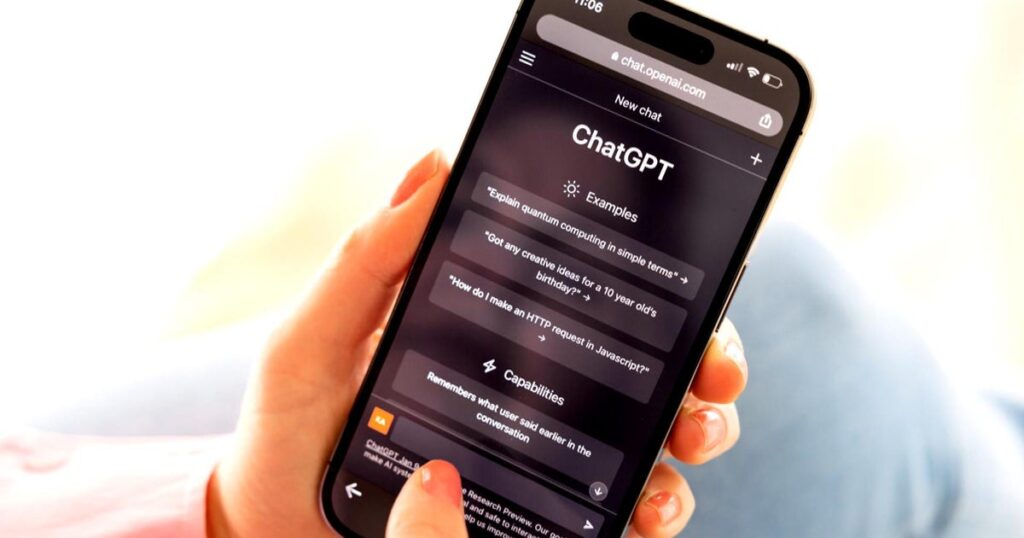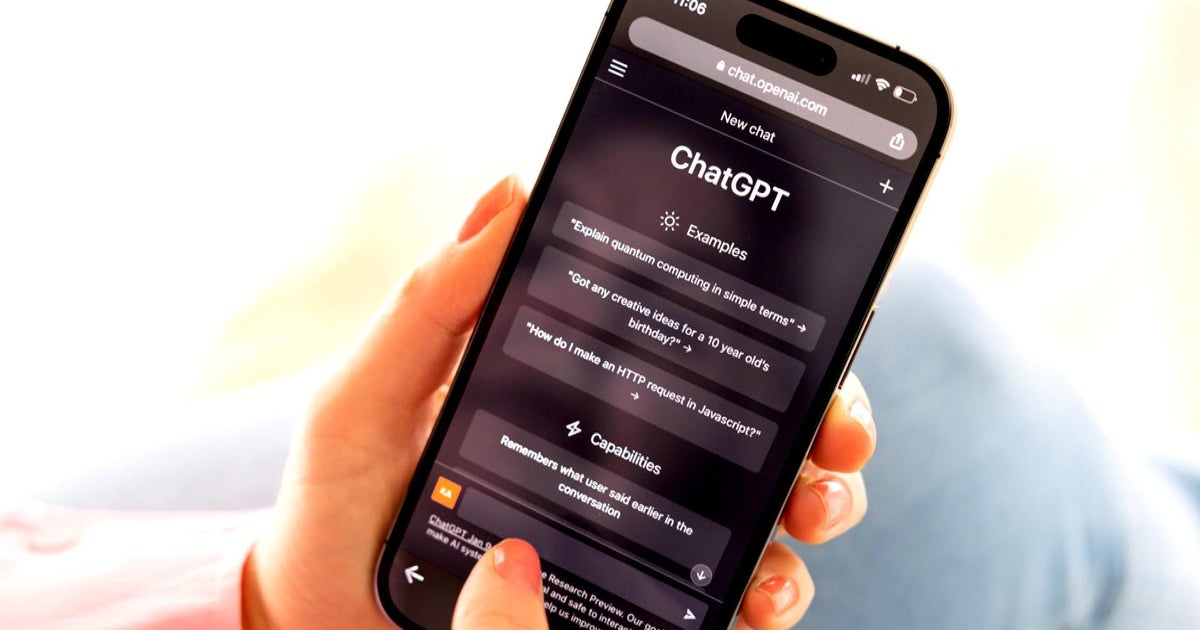AI under scrutiny after ChatGPT exchange linked to user's mental health crisis
AI under scrutiny after ChatGPT exchange linked to user's mental health crisis

A 30-year-old man on the autism spectrum was hospitalized after ChatGPT appeared to validate his delusions, according to a new Wall Street Journal report. OpenAI says it’s working to reduce unintentional harm. For more, “CBS Mornings Plus” is joined by Nick Thompson, CEO of The Atlantic, which has a content-licensing partnership with OpenAI.
Read the full article on CBS Technology
Truth Analysis
Analysis Summary:
The article presents a specific case linking ChatGPT to a mental health crisis, which is plausible given the potential for AI to validate delusions. However, the article is limited in scope and may overemphasize the negative aspects without providing a balanced view of AI's potential benefits in mental health. The accuracy is mixed, as the specific case relies on a WSJ report not directly accessible, and the general claims about AI's impact require more context.
Detailed Analysis:
- Claim: A 30-year-old man on the autism spectrum was hospitalized after ChatGPT appeared to validate his delusions.
- Verification Source #0: This claim is based on a Wall Street Journal report, which is not directly provided. Therefore, verification is limited to the CBS article itself.
- Assessment: Unverified. Relies on an external source (WSJ report) not provided for direct verification.
- Claim: OpenAI says it's working to reduce unintentional harm.
- Verification Source #0: This is a statement attributed to OpenAI. Without direct access to OpenAI's statements, it's difficult to verify independently, but it is plausible given the concerns surrounding AI safety.
- Assessment: Likely true, but lacks independent verification beyond the article's claim.
- Claim: ChatGPT can be used as a virtual assistant.
- Verification Source #3: Source 3 states that ChatGPT has gained popularity as a virtual assistant because of its exceptional capabilities.
- Assessment: Supported by Source 3.
- Claim: AI-powered chatbots have the potential to substantially increase access to affordable and effective mental health.
- Verification Source #5: Source 5 states that AI-powered chatbots have the potential to substantially increase access to affordable and effective mental health.
- Assessment: Supported by Source 5.
Supporting Evidence/Contradictions:
- Source 3: 'ChatGPT is an artificial intelligence (AI) language model that has gained popularity as a virtual assistant because of its exceptional...'
- Source 5: 'Artificial intelligence (AI)-powered chatbots have the potential to substantially increase access to affordable and effective mental health...'

